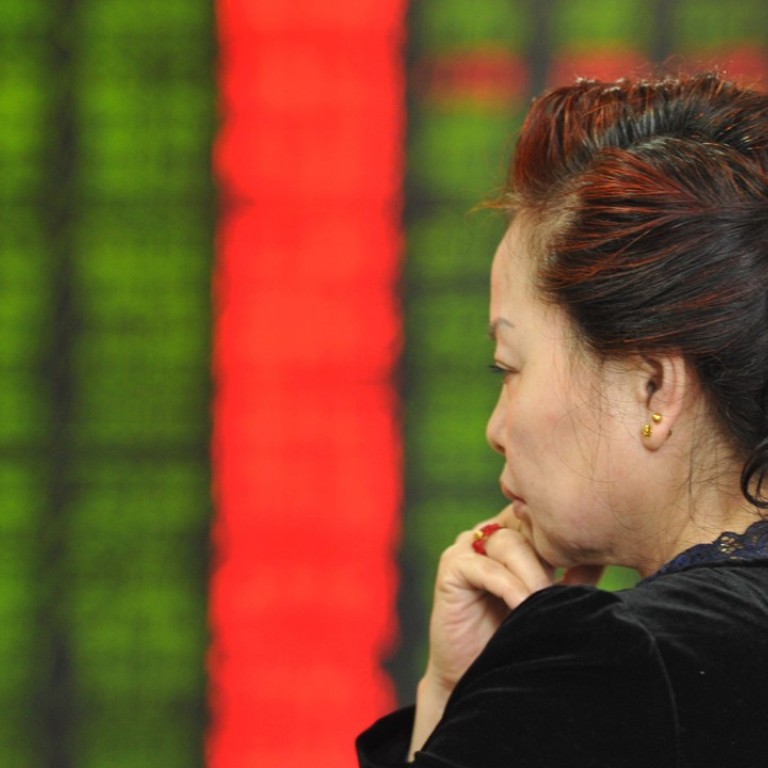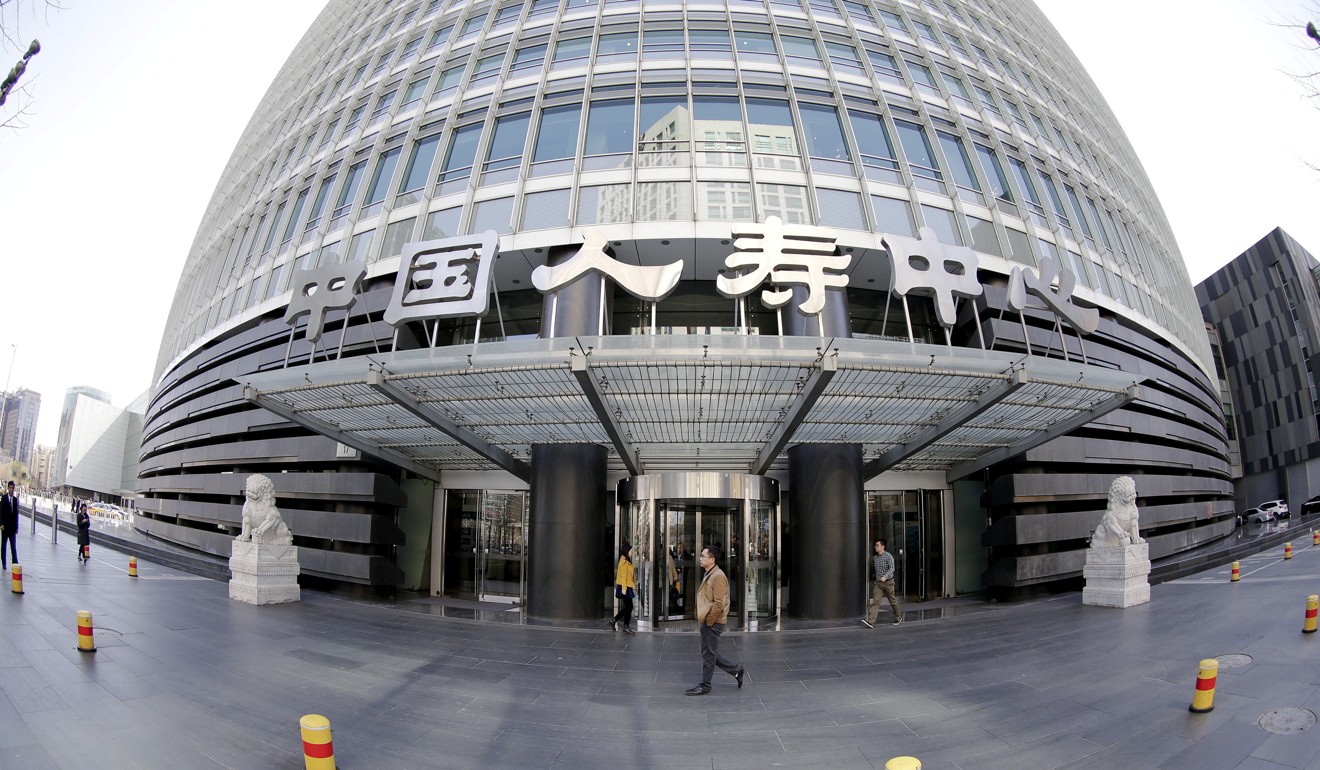
Chinese investors’ love of big cap stocks widens price difference with Hong Kong equivalents
Mainland Chinese investors’ penchant for big cap stocks has pushed valuations for these companies to their most expensive level relative to their Hong Kong equivalents this year.
Yuan-denominated shares of the 60 dually listed companies, mostly big state-owned firms, are 25 per cent pricier than their counterparts across the border, the biggest premium since December 23, according to a Hang Seng Bank index that tracks the price gap between the two markets.
Bigger companies have become the darlings of mainland stock market investors this year as government-led deleveraging to eliminate excess money from the financial system has drained liquidity, stoking demand for cheap stocks that offer protection against sell offs. The SSE 50 Index of the 50 most valuable companies on the Shanghai exchange rose to a 19-month high this week, even though it is still about a third cheaper than the benchmark Shanghai Composite Index.
Among the dual listings, China Life Insurance’s mainland shares are 31 per cent more expensive than its Hong Kong tranche, while the premiums for China Pacific Insurance and China Petroleum & Chemical are 23 per cent and 8.5 per cent respectively.
Still, the momentum on large-caps comes at the expense of the rest of the stock market. While investors have been seeking safe havens by building up their holdings of big companies, they are shifting out of smaller firms over valuation concerns.

Analysts believe the trend of buying big and selling small may continue to the extremes as liquidity remains tight. Sinolink Securities strategist Li Lifeng said investor interest is likely to expand to an additional 150 big companies with valuations below 30 times and good return-on-equity ratios, while the remaining 3,000 stocks on the mainland exchanges are likely to fall further.
Still, technical signs are emerging that the big companies’ rally may falter, at least temporarily. A volatility index, which tracks implied price swings for the 50 most valuable companies on the Shanghai exchange in the next 30 days, jumped to the highest level since January 3 on Monday, suggesting the stocks are set for wilder fluctuations in the near future.

